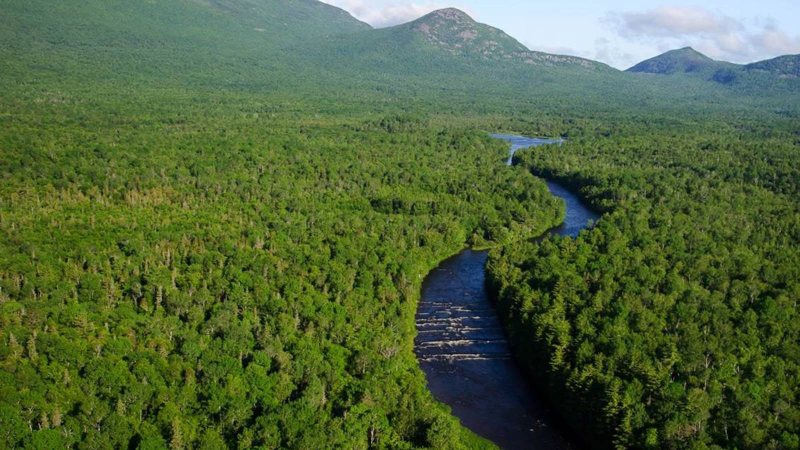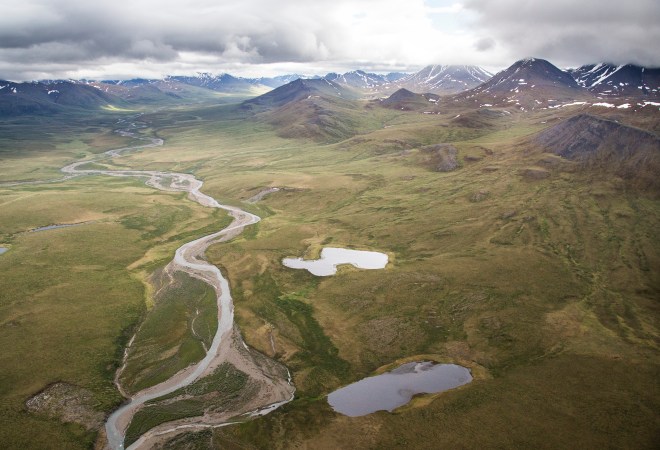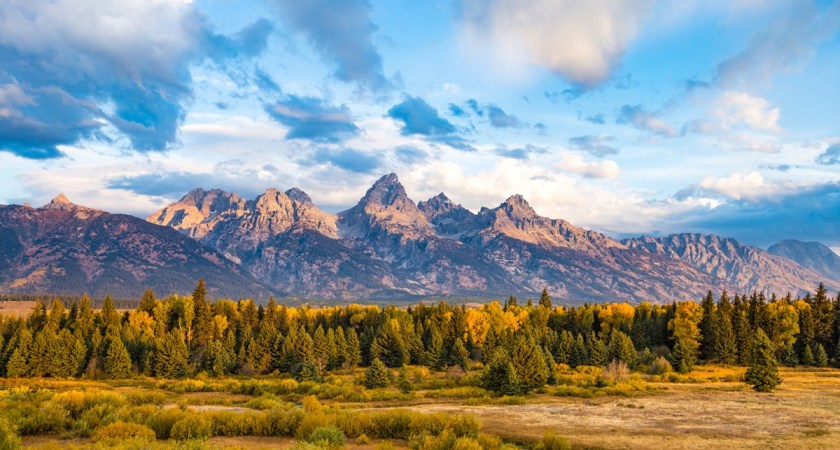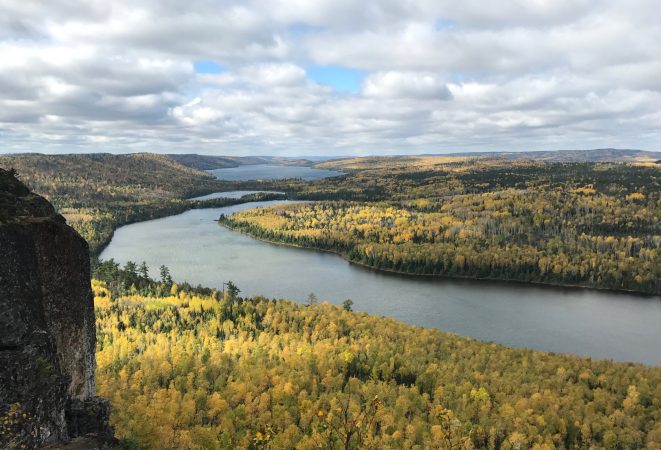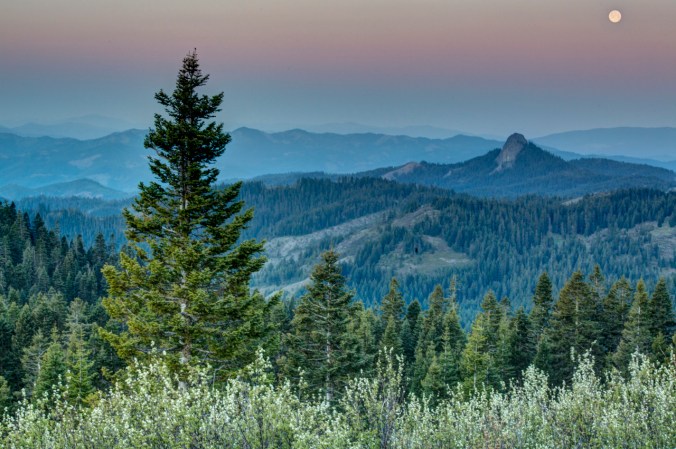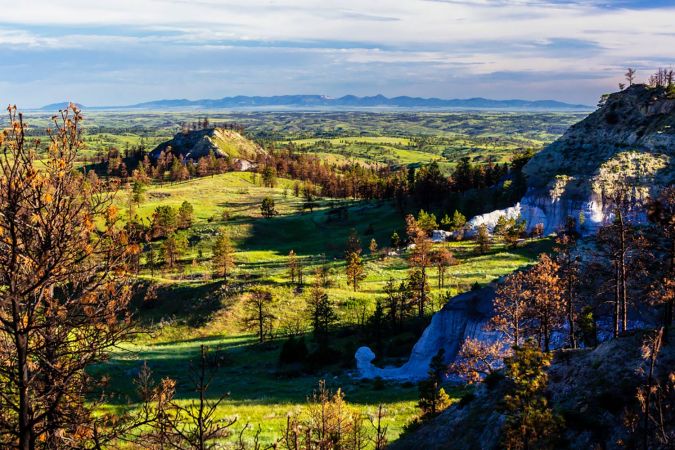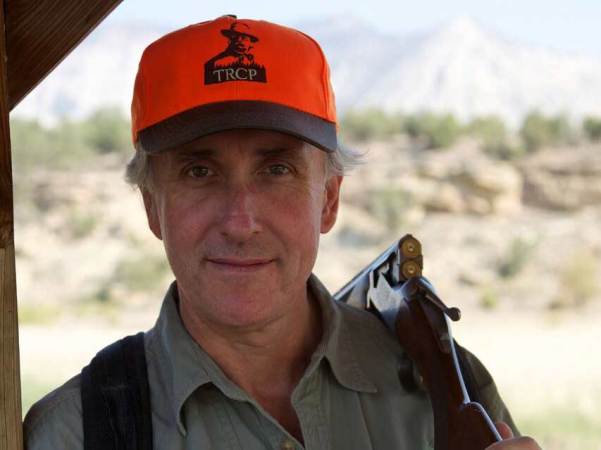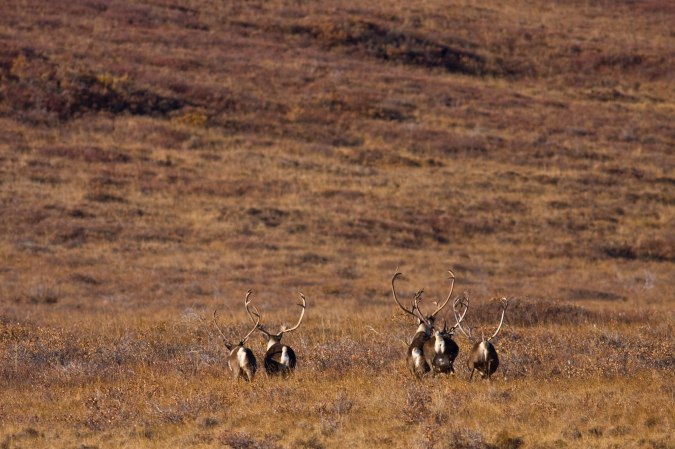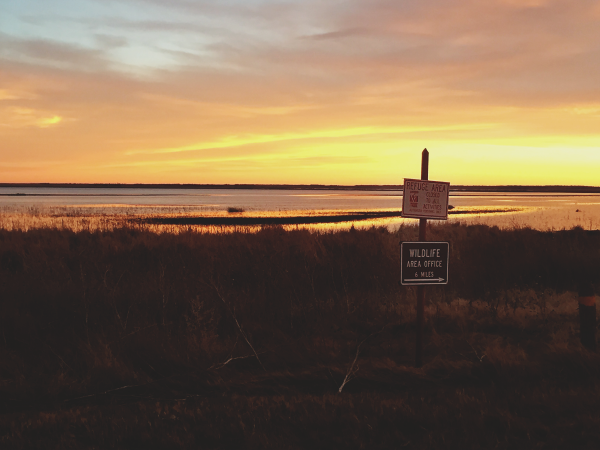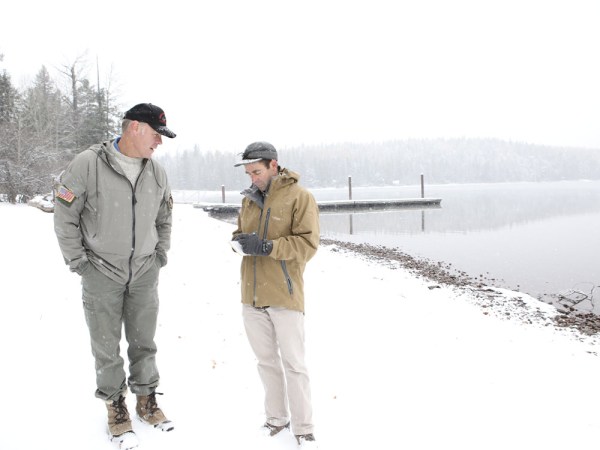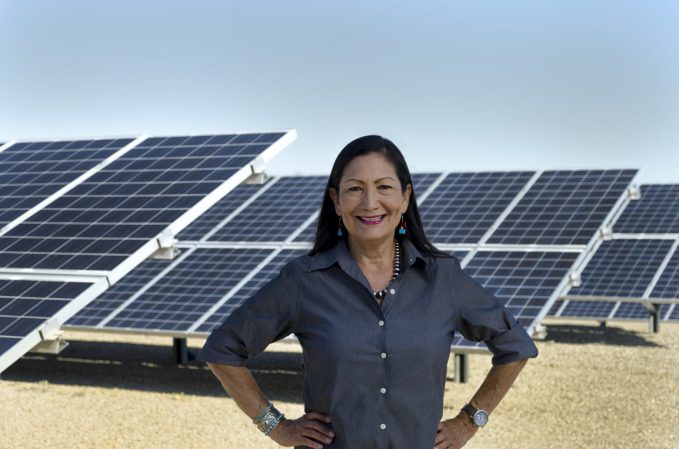The Bureau of Land Management on July 5 formally banned new mining claims for the next 20 years on about 475 square miles of federal land in six southwestern states to promote solar energy development — a measure endorsed by public lands hunters and anglers.
The BLM said it will not accept new mining claims on 303,900 acres in 17 areas identified for solar development in California, Arizona, Colorado, Nevada, New Mexico and Utah. A temporary prohibition was already in effect in these areas; the order merely extends that prohibition to 2033.
The solar zones were established by the Interior Department’s Solar Programmatic Environmental Impact Statement (PEIS) in October 2012 in response to the Obama Administration’s March 2012 “climate action plan” to generate 20,000 megawatts of renewal energy on federal lands by 2020.
“The public land order protects the integrity of the solar energy zones and helps us meet President Obama’s goal of green-lighting enough private renewable energy capacity on public lands to power more than 6 million homes by 2020,” BLM Principal Deputy Director Neil Kornze said in a statement.
Many conservation, hunting and fishing organizations support the climate action plan’s emphasis on solar energy development as a less environmentally destructive alternative to extractive mineral mining.
The fact that impacts on fishing and hunting were assessed as important elements of the Programmatic Environmental Impact Statement (PEIS) was widely applauded by many conservation organizations, including the Wildlife and Hunting Heritage Conservation Council, official advisory group for the United States Fish & Wildlife Service.
“It clearly reflects the significant input received from hunters and anglers, industry, community leaders, and conservationists across the West,” said Council Chairman John Tomke, former Ducks Unlimited Inc. president, earlier this year.
“Sportsmen played an important role in formulating the solar environmental impact statement, and several key changes implemented in the final plan reflect our input,” said Ed Arnett, director of the Theodore Roosevelt Conservation Partnership Center for Responsible Energy Development.
The Theodore Roosevelt Conservation Partnership Center for Responsible Energy Development is a coalition of more than 500 businesses, organizations and individuals dedicated to conserving irreplaceable habitats so future generations can hunt and fish on America’s public lands. The coalition is led by the National Wildlife Federation, Trout Unlimited and the Theodore Roosevelt Conservation Partnership.
Arnett said the changes suggested by hunters and anglers and incorporated into the plan include “addressing habitat fragmentation and connectivity issues, refining solar zone acres and ultimately excluding valuable fish and wildlife habitat from” development-related marginalization.
“This is a huge step forward for the Bureau of Land Management, which has tended to address energy development on a project-by-project basis in response to the wants of individual companies rather than the values of the American public or the needs of fish and wildlife,” said Kate Zimmerman, the National Wildlife Federation’s policy director for public lands. “By designating solar energy zones and driving development to those zones, BLM is charting a future for America’s public lands that includes both plenty of renewable energy and abundant wildlife.”
Indeed, according to by Chris Clarke in Rewire.com, the BLM’s decision to ban mining claims in areas set aside for solar projects is “an interesting development” that could indicate a new era in public lands management is.
“Mining interests have had nearly unchallenged access to most public lands since 1872,” Clarke writes on July 8, noting the July 5 order “doesn’t change the law, but it does signal that the Obama administration may be starting to favor mining of sun and wind over other resources on public land.
For more, go to:
— A New Era for Public Lands: Feds Halt Mining Claims in Solar Areas
— New Federal Order Clears Way for Large Scale Solar Development
— Feds celebrate July 4th with more public land withdrawals from mining
— Utah Land Set Aside For Solar Power
— RIVERSIDE COUNTY: No more mines in solar energy development zones
— DOI Blocks New Mining On Land Tabbed For Solar Projects
— SPORTSMEN’S COALITION APPLAUDS SOLAR ENERGY PLAN

